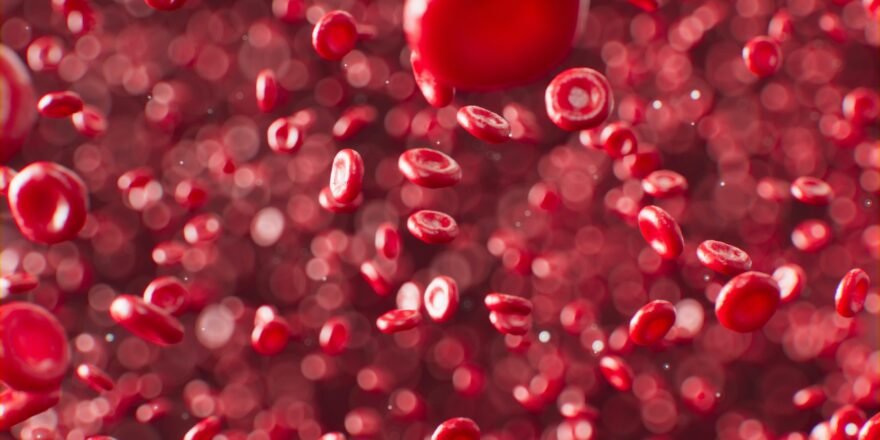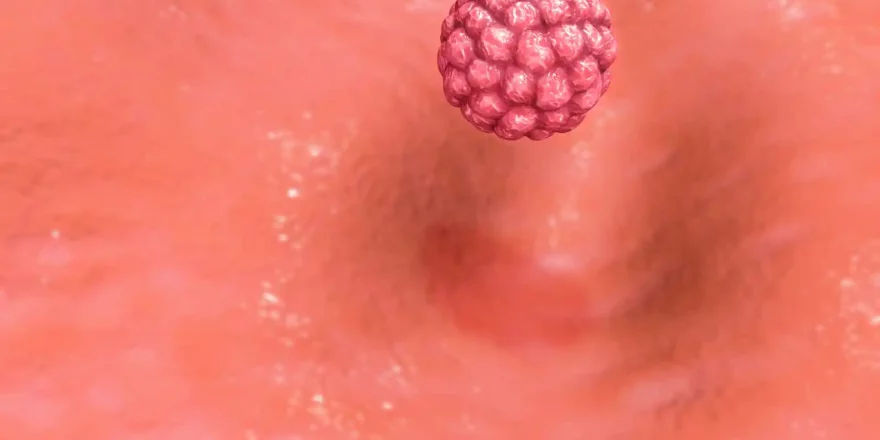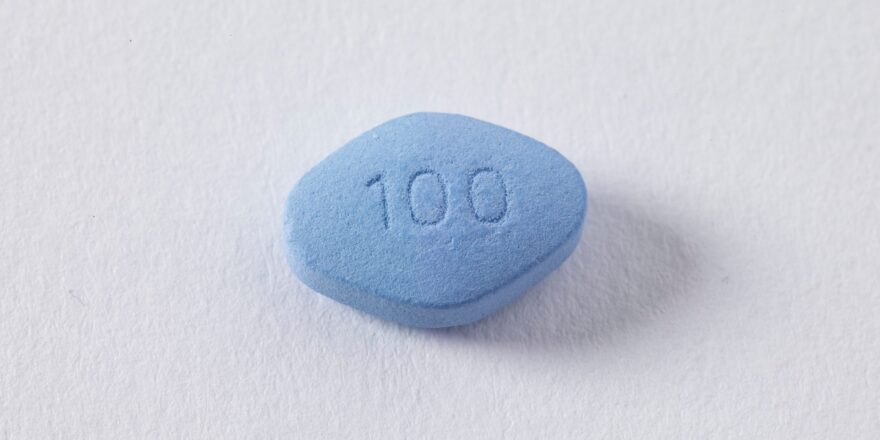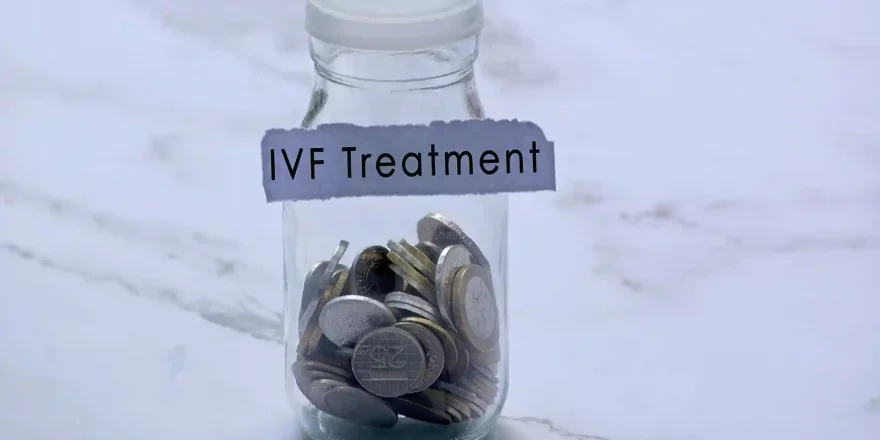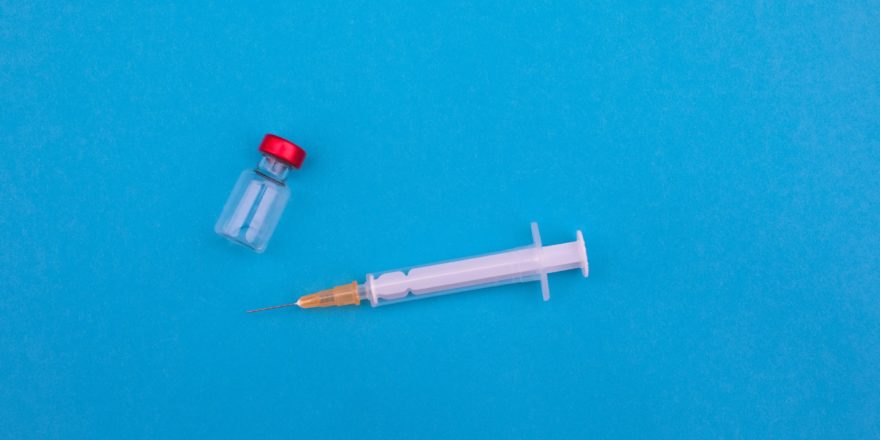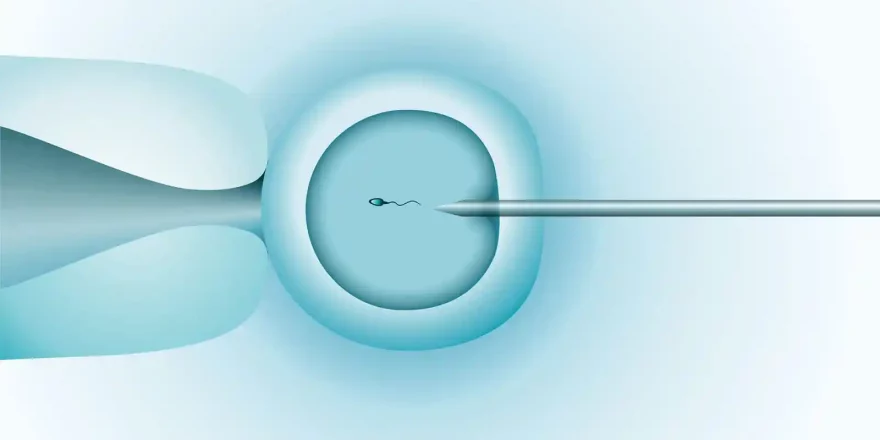Immune treatments revolve around herbal combinations or drugs that adjust either the suppressive or aggressive side of the immune system to improve fertility and health. For a successful pregnancy, both sides of the immune system must recognise and react to the arrival of “foreign” cells in the womb. Significant issues are inevitab...
Implantation Failure Treatments
Implantation failure treatments (or how to increase the chances of implantation success) vary according to why implantation is an issue. We have listed 14 reasons for implantation failure and the treatments that match these. We also explore the connection between the six morefertile Fertility Profiles and the likelihood of difficulties with im...
Male Treatments
Male treatment options for low fertility range from surgery, drugs and ICSI to herbs, acupuncture, supplements and lifestyle changes. Male fertility is closely related to health and wellbeing, which is a core part of the morefertile® personal fertility profile information (PFPs), and fertility levels can change dramatically in three months. We...
Advice after miscarriage
The advice after miscarriage is usually “don’t panic”, and most miscarriages are due to one-off chromosomal abnormalities that have little bearing on future pregnancies. This is why miscarriages aren’t routinely investigated unless they are consecutive, irrespective of maternal age or fertility problems. However, an alternative approach has be...
Anovulation Treatments
Anovulation (a lack of ovulating) can be caused by a wide range of issues and is affected by lifestyle, diet, medication and exercise. It’s by far the most common condition that affects women who go to fertility clinics, and about 70% of the time, it’s PCOS, but there are five other causes of the condition. Luteinised unruptured f...
Miscarriage Causes & Treatments
The only type of miscarriage that can be treated successfully during pregnancy is a threatened miscarriage, as inevitable, missed or incomplete miscarriages can’t be saved. If a miscarriage is suspected, seek medical advice at the local “early pregnancy unit”, and the signs of threatened miscarriage are usually: Mild bleeding Cramping a...
IVF Costs
There are a variety of IVF protocols, which are appropriate for different situations, and IVF costs vary considerably worldwide. In most countries, IVF is paid for by patients or their health insurance, and while health insurance cover varies, it usually includes diagnosis but not treatment costs. The average cost for an IVF cycle in the US is...
IVF Drugs & Scratch Test
IVF Drugs are an integral part of over 99% of IVF treatments in the USA, and the stimulation they provide increases the number of eggs that can be collected from a menstrual cycle. The drugs don’t increase the number of eggs in the ovaries for a particular cycle, as each cycle started several months before (eggs and follicles), but stimulation...
Flare Protocols
There are two Flare Protocols, and they’re usually chosen after a poor response to previous treatments or blood results show low ovarian reserve. The “Flare” or “Antagonist” protocol doesn’t suppress the pituitary gland before stimulation, and this gets a better response for women with low ovarian reserve. This pr...
ICSI – Female
Intra-Cytoplasmic Sperm Injection (ICSI) has probably been the most significant development in IVF since it began in 1992. The advantage of ICSI is that as long as some sperm can be obtained (even in low numbers), a man can be a biological father. The technique has revolutionised male factor infertility and often removed the need for donor spe...

